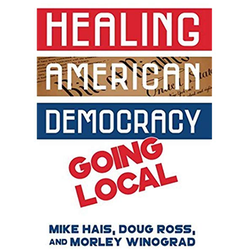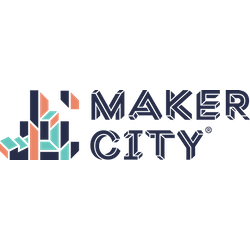Principles
1. Experimentation is the path to change.
When our national discourse is at an impasse, and the road to progress is blocked, local institutions and communities are in a position to try the new and untested. This is the central argument that Joel Kotkin, an early advocate of localism, has been making for years: rather than waiting for change to happen from above, communities must take it upon themselves to solve problems, focusing on their unique local assets to collaborate and reach consensus on what needs to be done. Local governments and ecosystems can prototype; they can try new approaches; they can challenge the rules. And, as we heard from the stories our conference participants told, they are doing exactly that. Communities as disparate as New Orleans, Compton, and San Bernardino are building alliances with their local stakeholders to reimagine the places they call home, through the lens of the 21st century. They’re testing out new ideas from the ground up, and finding new roles for existing institutions such as libraries, newspapers, and schools.
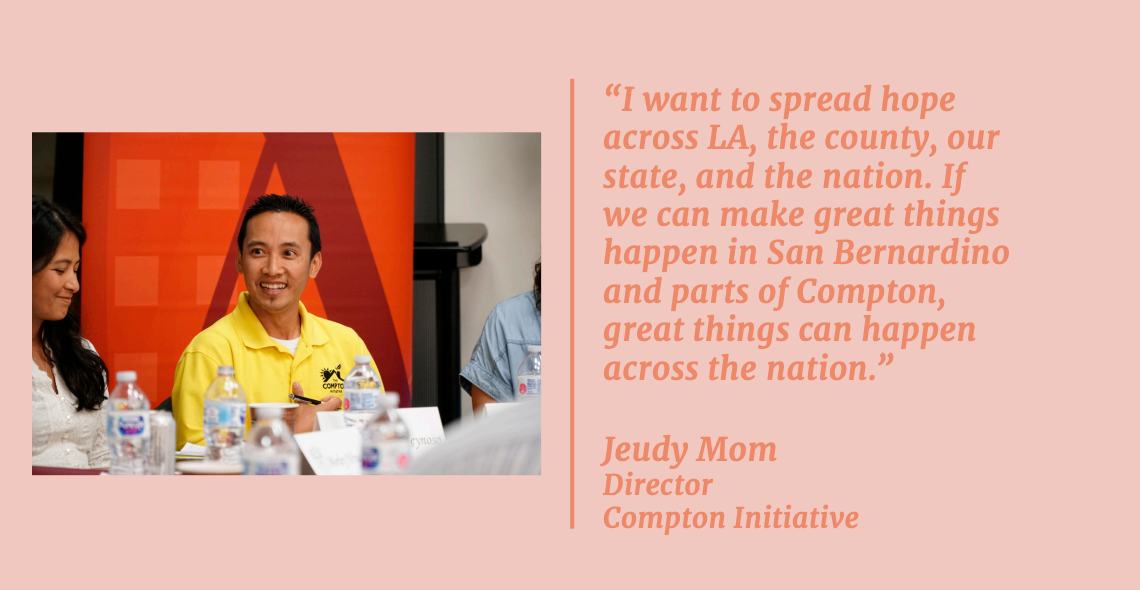
2. Localism is a network effect.
Networks enable local experiments to grow into national movements. And at a time of rapid simultaneous experimentation, cities and their innovation ecosystems thrive when connected together, learning from peers, sharing what works (and what doesn’t), and recognizing new patterns of development. At USC, we saw that energy and creativity flourish when we link people bringing about change in their cities; it’s like jazz, or open source software… nothing like politics as usual. There are many groups working to strengthen these valuable connections – for example, participants from Maker City and Living Cities told us about the shared insights they’re plugging into as part of the Kauffman Foundation’s ESHIP (entrepreneurship) community. In 2018, the ESHIP summit brought together over 620 local ecosystem builders (including 121 U.S. mayors) from every state in the country, compiling tools, resources, and agendas for ongoing working groups.
3. Open data is an invitation.
Localism depends on getting everyone involved, and information has a way of bringing people to the table. Beginning about a decade ago, U.S. cities started publishing troves of data about crime, health care, transportation, budgeting, and more. As cities went from impenetrable silos to open data platforms, ordinary citizens started to investigate and make insights. This transparency inspired individuals and organizations like Code for America to build solutions to urban problems, like apps for crime oversight and easy online access to public services. The call for participation can go even further with read/write urbanism, which is enabling citizens to source and contribute their own data; in Detroit, for example, schools are collecting data on air pollution and feeding it back to the city.
4. It all starts with trust.
In every example we heard, from Compton to Kansas City, change required a foundation of trust – without it, nothing worked, and with it, anything seemed possible. Nowhere was this clearer than in the example of schools in Los Angeles, where initially, legislation to improve performance was experienced as an outside imposition on the local community and got stuck in a legal quagmire. Robin Kramer and Larry Frank were tasked by Los Angeles Mayor Antonio Villaraigosa with finding a solution, and they knew they had to build trust. They worked with parents and teachers to help lead the schools in a new way. When undocumented parents were afraid to speak up, they spent time building relationships with each school, learning about its unique culture and history. The resulting Partnership for Los Angeles Schools has been a remarkably successful collaboration, resulting in improved attendance, test scores, and safety.
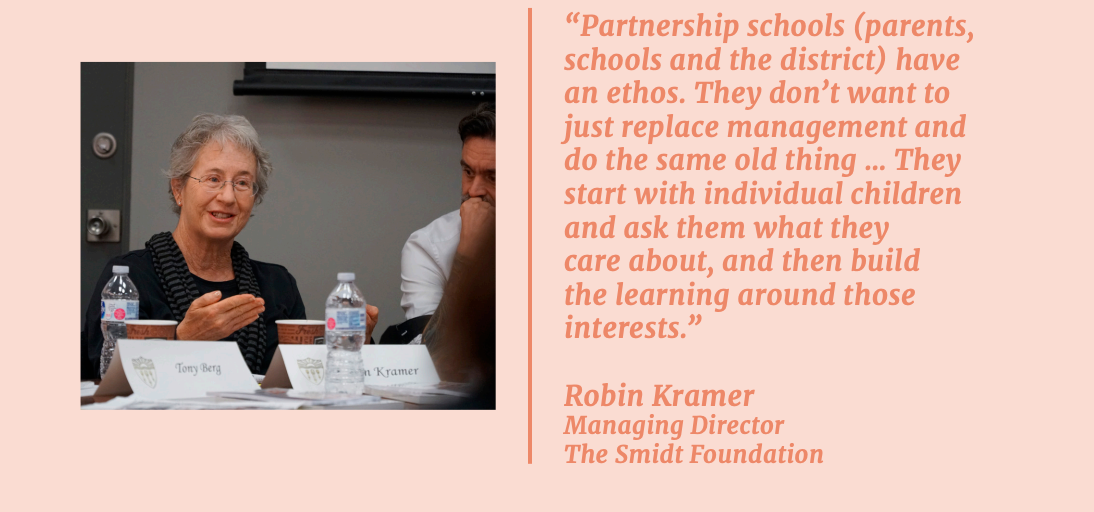
5. The story you tell matters.
America is built on our stories – and if the national plot has taken a dark turn, it’s imperative that we write new narratives of hope and renewal in our local communities. Localism requires that we replace pessimism, which tends to be counterproductive, with a “conditional optimism” that opens the door for imagination and action. As Jim Fallows said at the conference, “Culture change at the local level often involves taking what is a negative self-image and making that a motivating force by changing that language.” We learned, for example, that the city of Fresno has long thought of itself as “America’s most broken city,” despite having a lot to be proud of. Then Fresno started calling itself an “underdog city,” and this new language has become central to its revitalization.
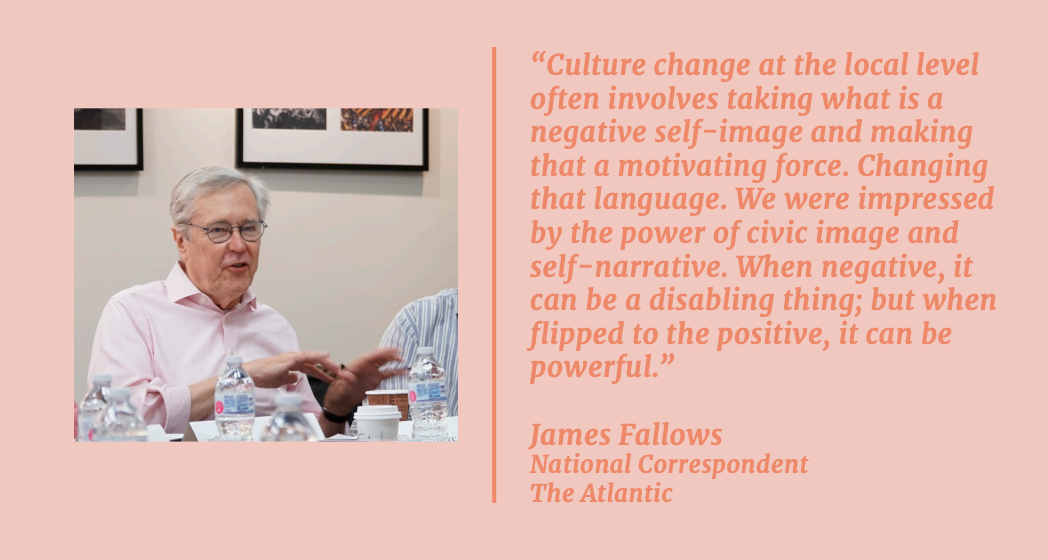
6. Strength comes from what makes a place different, not the same.
According to our experts, too often when cities strive for economic development, they try to replicate things that have happened in places like New York and San Francisco. But in fact, strength comes from the opposite: it comes from identifying your city’s own heritage, talent, and beliefs. Joel Kotkin, Executive Director of the Houston-based Center for Opportunity Urbanism, said cities must ask themselves who they are and what they have to offer – instead of why people moved away, why did new people move there? In Houston and New Orleans, the key was to leverage their distinct industrial potential. Austin is about being weird. Louisville has played to its advantages with logistics investments (capitalizing on its UPS hub and infrastructure), appliance start-ups (GE Appliances longtime presence and a rich maker community led to FirstBuild, a microfactory in which the community has created dozens of new appliances), and craft beverages (the Bourbon heritage!) Cities should embrace their unique civic culture, even if it’s out of step nationally. “My fear is that for progressives who have joined us late in the game, the moment they gain national power back, they’re going to abandon localism,” Joel warned. “If Charlotte wants to have transgender bathrooms, let them do it. If a small town doesn’t, let them not. You have to give small communities more leeway.”

